Hormonal acne is one of the topics that, without fail, continues to pop up in Go-To’s DMs.
It’s not surprising. Hormonal acne is a notoriously tricky, and oftentimes a very frustrating, skin condition to treat. It’s also very common! With that in mind, we’ve tapped skin wizard and owner of Skin Essentials, Dr. Imaan Joshi to help explain all things hormonal acne and hopefully simplify your skin journey at the same time.
What Is Hormonal Acne?
Hormonal Acne is, you guessed it, a form of acne. A very common one, actually. “Most commonly, it is a recurrence or persistence of acne that initially presents in adolescence, a time when most young people, due to pubertal changes will have some form of acne,” explains Dr. Joshi. “The condition affects largely females, hence the term Adult Female Acne (AFA), and may be more persistent in women due to cyclical hormonal fluctuation.”
Hormonal acne presents in a lot of different ways. “For many it’s acne that began in adolescence, seemed to go away for a while, and then recurs in your 20s and persists. While for others it may recur around the 40s as we begin to approach menopause,” says Dr. Joshi.
While it most commonly will appear around the lower half of your face (think: chin and jawline), hormonal acne can occasionally also pop up on the chest and upper back (commonly referred to as bacne).
“It can be persistent, hard to treat, and may cause hyperpigmentation as well as scarring,” says Dr. Joshi.
How Can Hormonal Acne Be Treated?
“Treatment is a challenge,” says Dr. Joshi, explaining that hormonal acne is known for recurring even after oral or topical treatments have been used.
“Beginning with a clear and correct diagnosis is key,” she says, noting that “a simple, effective home skincare routine” is another important part of the treatment puzzle.
Everyone’s skin is different, so personalised advice from a trusted skin specialist is the best way to begin managing your hormonal acne. “Lifestyle changes, topical and oral prescription medications, personalised at-home skincare products, and in-clinic treatments such as chemical peels” are all often used within treatment programs, says Dr. Joshi.
“Commonly doctors would choose a mix of treatment options, simply because this type of acne is so hard to treat and to keep at bay, and tends to recur with hyperpigmentation and scarring risk,” she explains. Results can take anywhere from a few weeks to months to appear, so don’t be disheartened if the healing process takes time. Check back in with your skincare specialist, and they can help guide your treatment program moving forward.
Building A Skincare Routine For Hormonal Acne
While we wish there was a one-size-fits-all routine we could give you to take care of hormonal acne, unfortunately, it’s not as simple as that.
“I would recommend a personalised skincare routine from a doctor to begin with, especially if the acne is recurrent or persistent,” says Dr. Joshi.
“A personalised and effective skincare routine for use at home is important to avoid exacerbating the problem. Especially if the acne is recurrent or persistent,” says Dr. Joshi. “It may include gentle cleansers, antioxidant moisturisers, and daily use of high strength SPF as many of these [medications] make the skin more susceptible to sunburn,” she notes.
On top of your personalised skin plan, Dr. Joshi also recommends you stay very on top of cleaning your makeup brushes and any beauty tools, and always (always!) wash your makeup off at night before bed. Deal? Deal.
Skincare Ingredients That Can Help With Hormonal Acne
Niacinamide
Unsurprisingly, the ultra popular Niacinamide is also a friend to hormonal acne thanks to its calming abilities. “It can help soothe irritated, red skin,” explains Dr. Joshi.
Azelaic Acid
A very gentle chemical exfoliant, azelaic acid also has many benefits for those prone to hormonal breakouts. “Azelaic acid also helps soothe redness and inflammation in addition to increasing cell turnover,” says Dr. Joshi, adding that it can also assist with “evening out skin tone and reducing pigmentation.”
AHAs and BHAs
Short for Alpha and Beta Hydroxy Acids, AHAs and BHAs are another form of chemical exfoliant that can be beneficial as part of your at-home hormonal acne skin routine. “AHAs and BHAs can help, but used too often, or incorrectly they can make matters far worse,” warns Dr. Joshi. Check in with your doctor, derm, or skin specialist to find out the best way to work them into your routine.





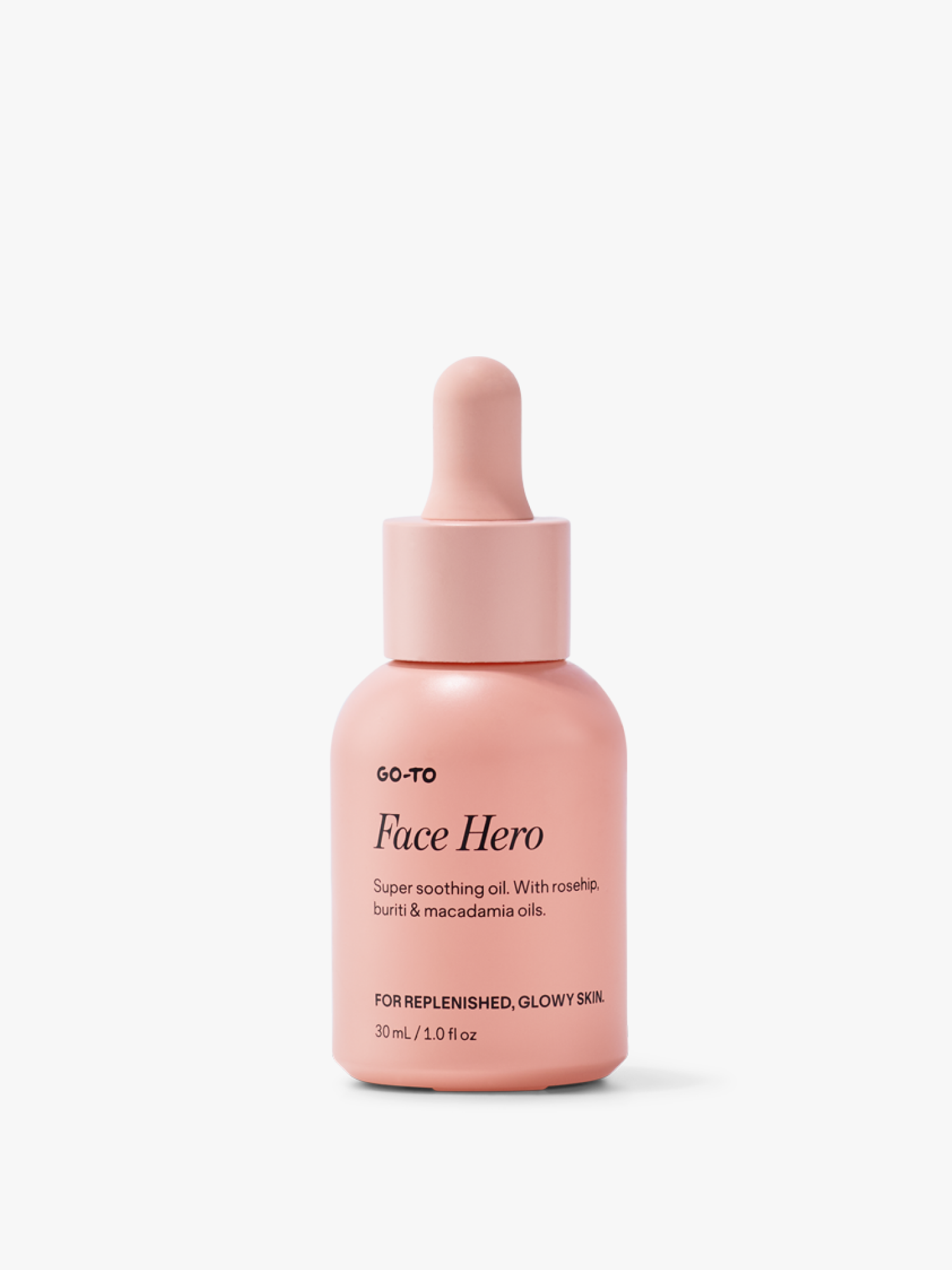
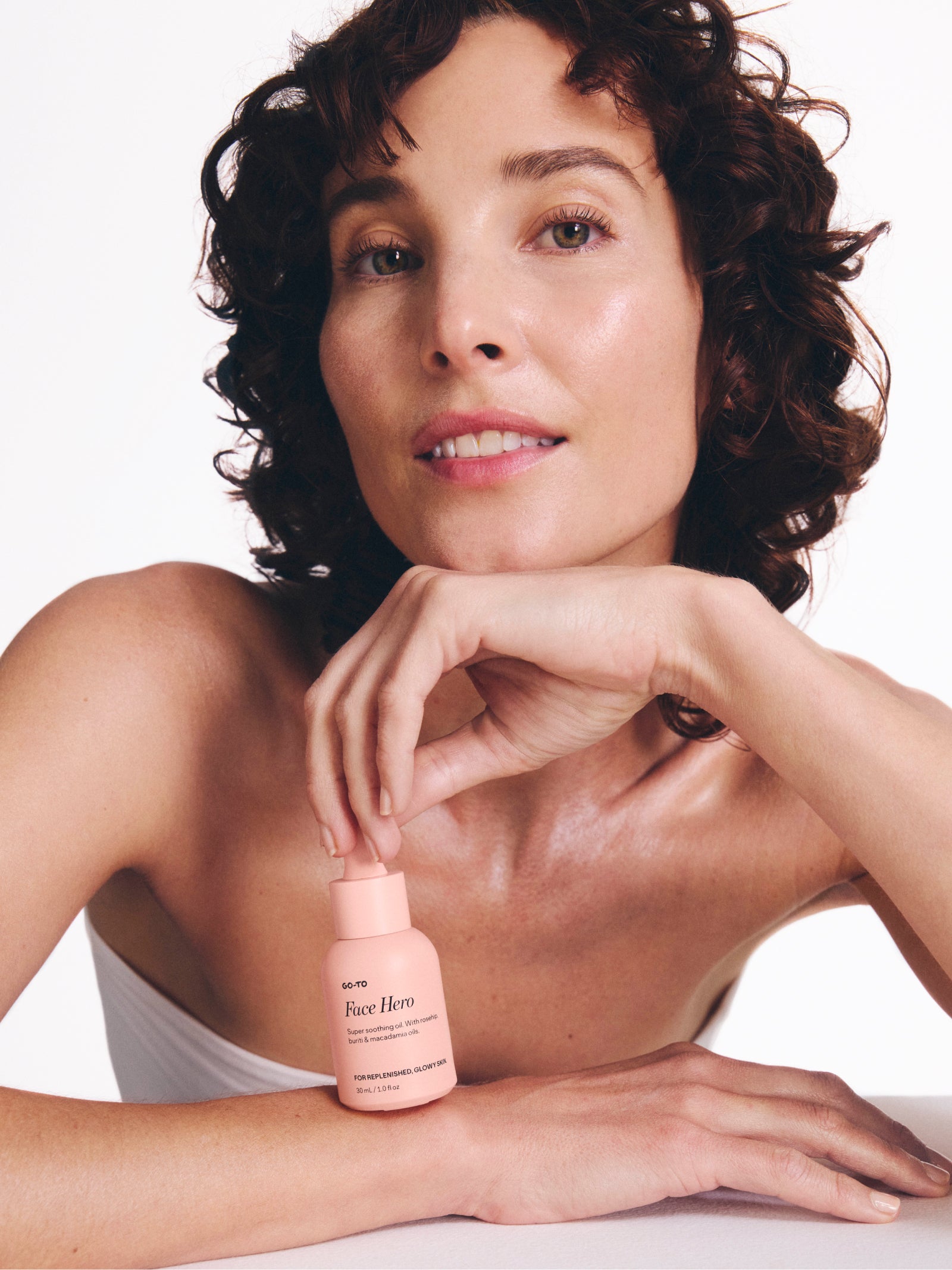

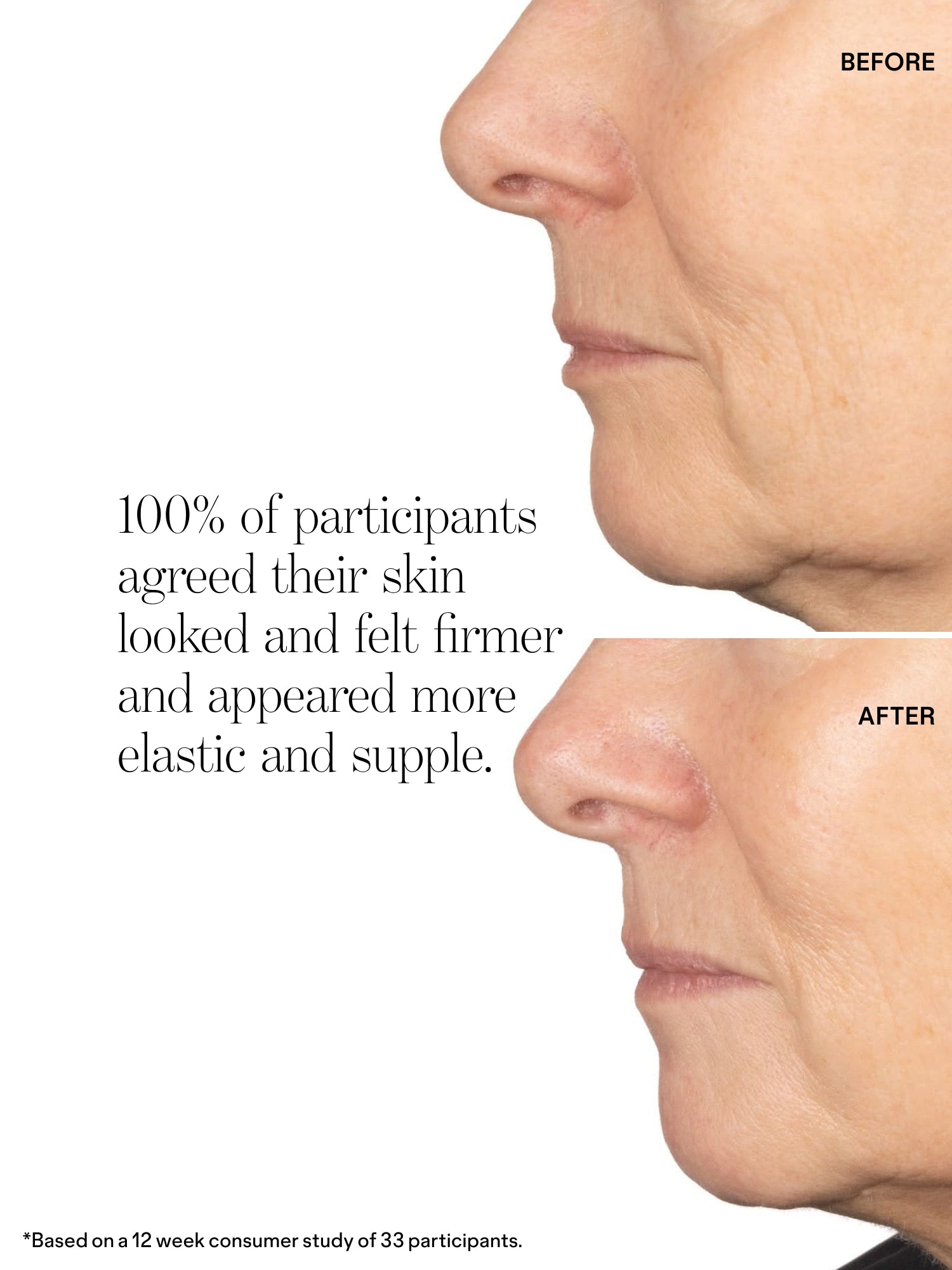
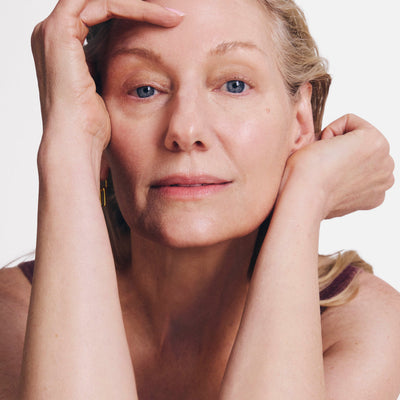
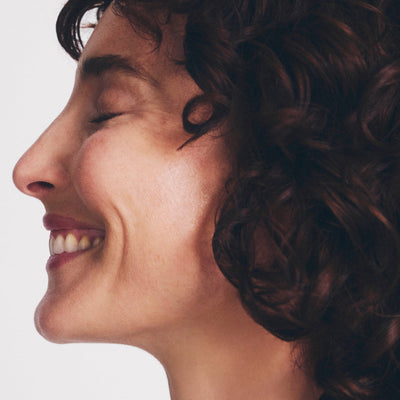


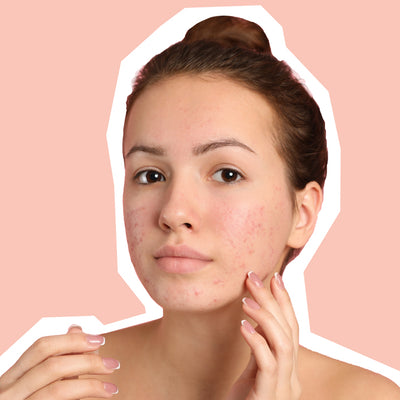
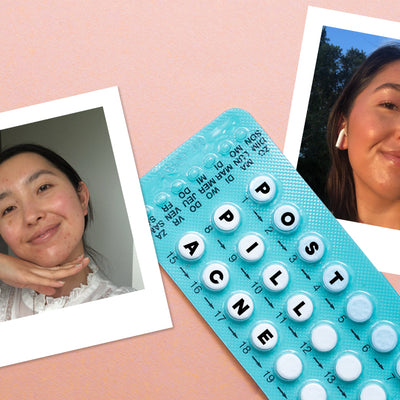
Comments